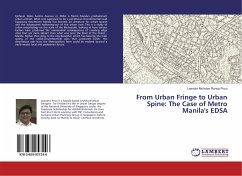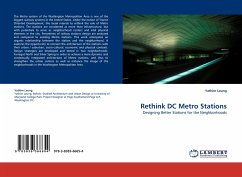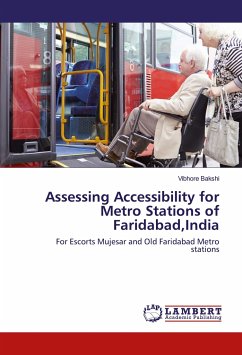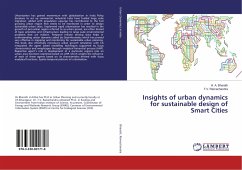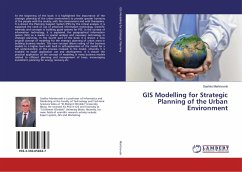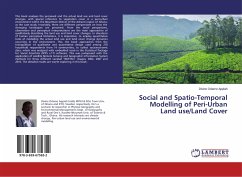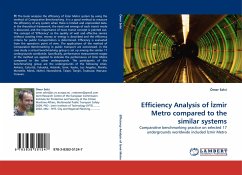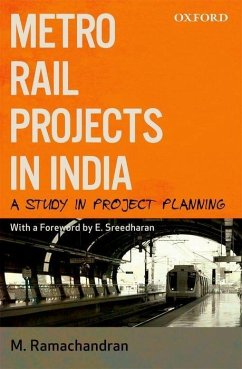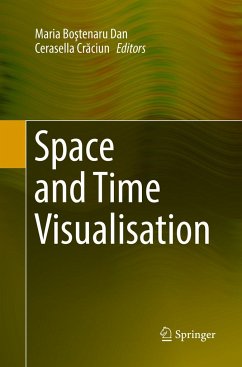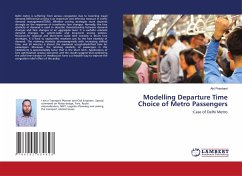
Modelling Departure Time Choice of Metro Passengers
:Case of Delhi Metro
Versandkostenfrei!
Versandfertig in 1-2 Wochen
26,99 €
inkl. MwSt.

PAYBACK Punkte
13 °P sammeln!
Delhi metro is suffering from serious congestion due to booming travel demand.Differential pricing is an important and effective measure in traffic demand management(TDM). Whether pricing strategies work depends strongly on the responses of travellersto fare changes. Normally, the fare elasticity of demand is used to describe therelationship between demand changes and fare changes at an aggregate level. It is usefulto estimate demand changes for system-wide and long-term pricing policies. However,for regional and short-term (valid time window is short) fare strategies, it is hard to capturethe...
Delhi metro is suffering from serious congestion due to booming travel demand.Differential pricing is an important and effective measure in traffic demand management(TDM). Whether pricing strategies work depends strongly on the responses of travellersto fare changes. Normally, the fare elasticity of demand is used to describe therelationship between demand changes and fare changes at an aggregate level. It is usefulto estimate demand changes for system-wide and long-term pricing policies. However,for regional and short-term (valid time window is short) fare strategies, it is hard to capturethe reactions just by the fare elasticity of demand. The retiming elasticity decreasesgreatly with increasing shifted time, and 30 minutes is almost the maximum acceptableshifted time for passengers. Moreover, the retiming elasticity of passengers in the middleterm is approximately twice that in the short term. Applications of fare optimization arealso executed, and the results suggest that optimizing the valid time window of thediscount fares is a feasible way to improve the congestion relief effect of the policy.



